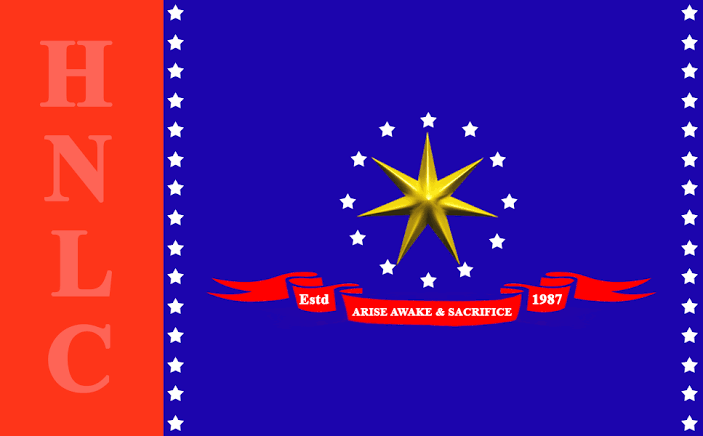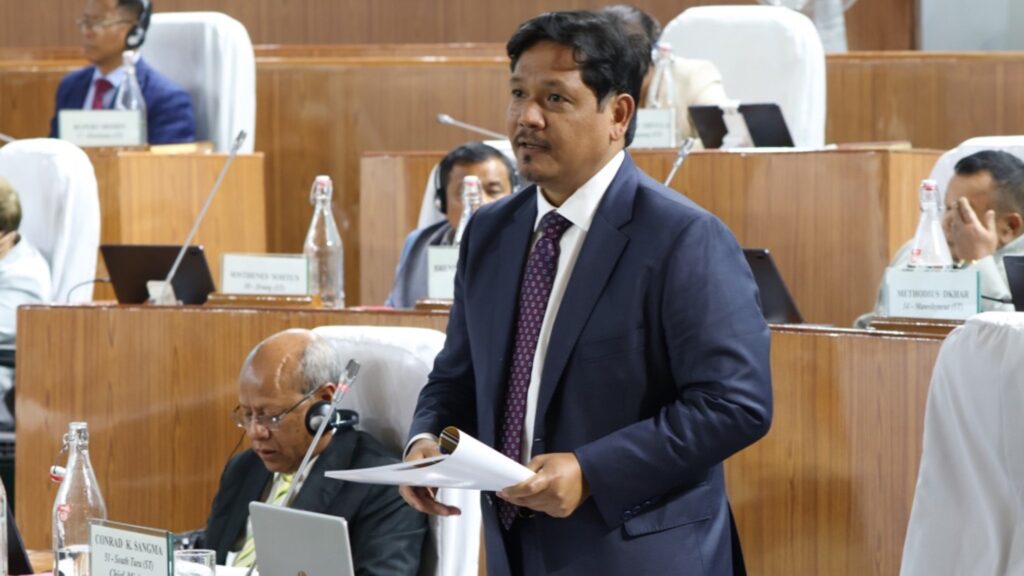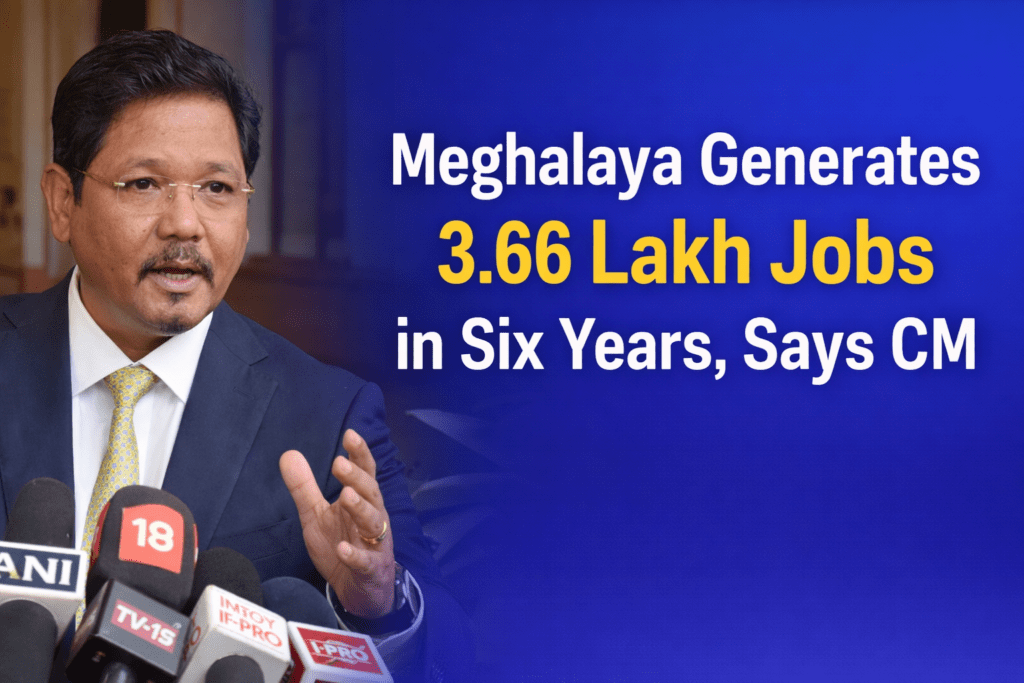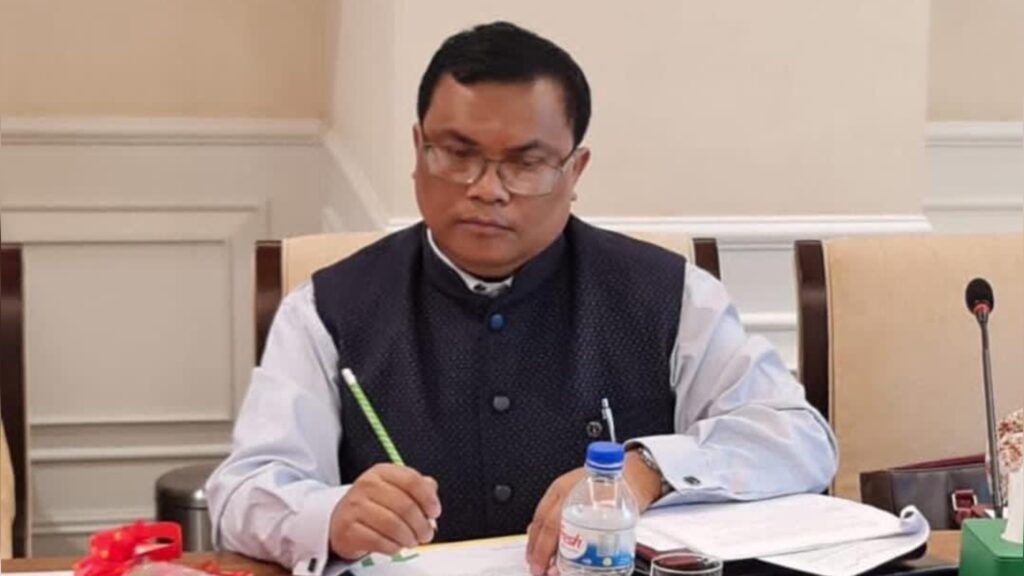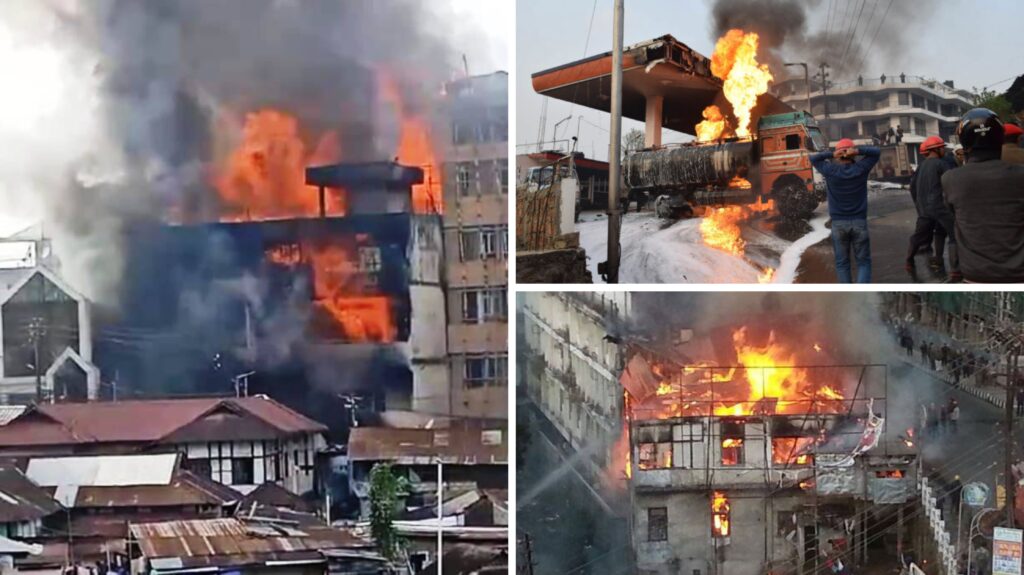Shillong, November 15 : In a strong reaction to the Indian government’s recent decision to reimpose a ban on the Hynniewtrep National Liberation Council (HNLC) under the Unlawful Activities (Prevention) Act (UAPA), the group has denounced the move as part of an ongoing effort to suppress legitimate political expression and the struggle for self-determination. In a statement issued by Saiñkupar Nongtraw, the General Secretary and Publicity Secretary of HNLC, the group expressed no surprise at the government’s actions, asserting that it reflects an unyielding effort to stifle their cause for independence.
The HNLC rebuffed the Indian government’s portrayal of the organization as a “spent force,” with only 10-15 active members remaining. Nongtraw highlighted that, according to official records, 73 HNLC members have been arrested in recent years, with no signs of the group’s influence waning. In stark contrast to the government’s narrative, he pointed out that only three members have surrendered in the past five years, emphasizing the resilience and continued ideological support for the movement, especially among the youth.
The HNLC statement also revived historical grievances, particularly regarding the 1947 “Standstill Agreement,” a treaty between the Federation of Khasi States and the Indian government that limited India’s jurisdiction over the Hynniewtrep Nation to matters of defense, foreign affairs, and communication. Nongtraw criticized the Indian government for repeatedly breaching this agreement, accusing it of undermining the original terms that allowed Hynniewtrep to retain a level of political autonomy.
The group reiterated its demand for greater autonomy and self-governance, highlighting what it sees as a persistent refusal by the Indian government to acknowledge the legitimate political rights of the Hynniewtrep people. The HNLC statement pointed to India’s historical reluctance to allow full sovereignty to its indigenous regions, citing the cases of Kashmir and Nagaland as examples of similar struggles for self-determination.
In the statement, the HNLC also dismissed the Indian government’s call for peace talks, calling it a tactic to undermine their movement. According to Nongtraw, the government’s approach to peace talks was a calculated effort to infiltrate, demoralize, and manipulate the organization, rather than a genuine attempt at reconciliation. The HNLC firmly rejected any efforts that sought to weaken or dismantle their cause for political autonomy.
Concluding the statement, the HNLC emphasized that after 77 years since India’s independence, the government’s failure to honor the Instrument of Accession signed under duress by the Khasi rulers only solidified their determination to seek justice and reclaim their sovereignty. With tensions continuing to rise, the HNLC’s position remains steadfast in its commitment to self-determination, rejecting what it calls India’s “wicked” and “immoral” political practices that, according to the group, continue to enslave the Hynniewtrep people both physically and politically.

